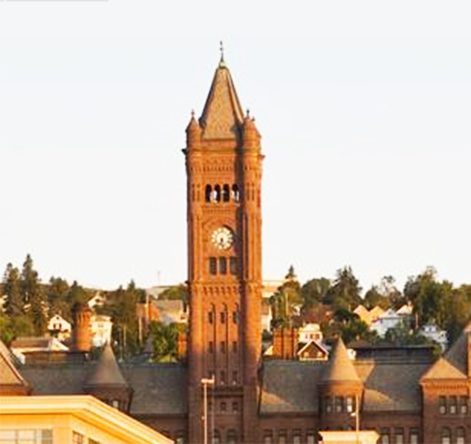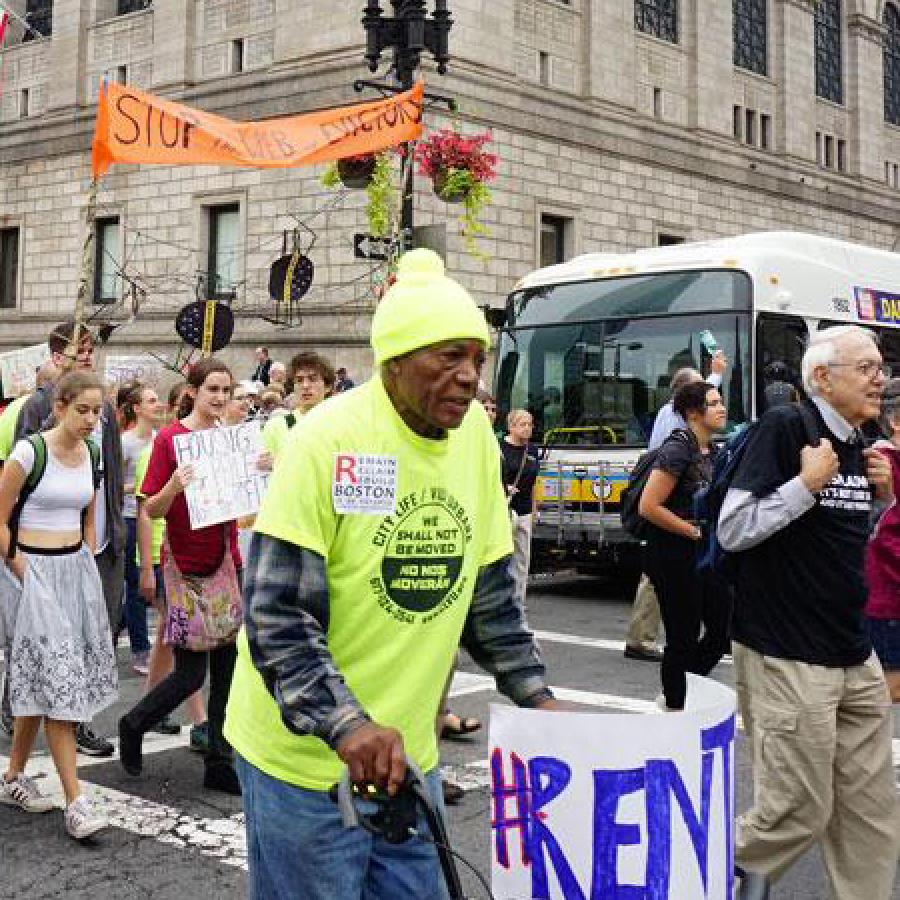All-In Cities Update: December 12, 2016
In the aftermath of November 8, it is clearer than ever that cities and the counties and metropolitan regions in which they are situated are the crucibles where an inclusive American economy and democracy can and must be forged. From Atlanta to Indianapolis, cities across the country passed ballot measures designed to expand opportunity and dismantle barriers to inclusion. In our hometown of Oakland, the anti-displacement and equitable infrastructure measures we supported won handily. As the All-In Cities team plans for the year ahead, we are look forward to continuing to help local leaders ensure that the cities they love are places where all can thrive and participate in building the next economy.
Building Community Power in the Age of Trump
Following the election, associate director Tracey Ross wrote a piece for Rooflines, the Shelterforce blog, critiquing post-election narratives. She explains, “As the media and national figures continue to tell a story that overlooks how the concerns of people of color may have impacted the election, local leaders must be working to ensure workers of color are empowered to tell their own story.” Check out the full piece here.
Buffalo: Health Equity and Inclusive Growth Profile Launched
With support from the Robert Wood Johnson Foundation, PolicyLink has partnered with Open Buffalo, a community coalition focused on justice and equity in the city of Buffalo, to produce a comprehensive equity profile that can inform policy solutions for health equity, inclusive growth, and a culture of health in the “Queen City.” We kicked off the engagement with a site visit on December 1 that included tours of West Buffalo and the historic Fruit Belt neighborhoods, interviews with community and city leaders, and a review of the initial data. We will be releasing the report and policy agenda in March 2017.
Pittsburgh: Next City Highlights Equitable Development Momentum
Next City covered the progress that has been made since the release of Equitable Development: The Path to an All-In Pittsburgh in September. Senior director Sarah Treuhaft discusses the growing momentum among community leaders. “When we started working there, there was definitely not that sense that change was possible,” she explained. “By next year we want to see more of that, and create a sense that change is happening — that it’s not just possible but it’s actually happening and progress is being gained.” You can read the whole article here.
New Equitable Growth Data for Cities
The National Equity Atlas, produced in partnership with the USC Program for Environmental and Regional Equity (PERE), continues to expand to meet the data needs of those working to advance equitable growth in cities and metros. In October we added new neighborhood-level maps for four indicators, including unemployment and disconnected youth. And in November we updated 17 of our 32 indicators to 2014 five-year pooled data (it was previously the 2012 five-year pooled data).
Learn more about our All-In Cities initiative and sign up for updates at www.allincities.org.





